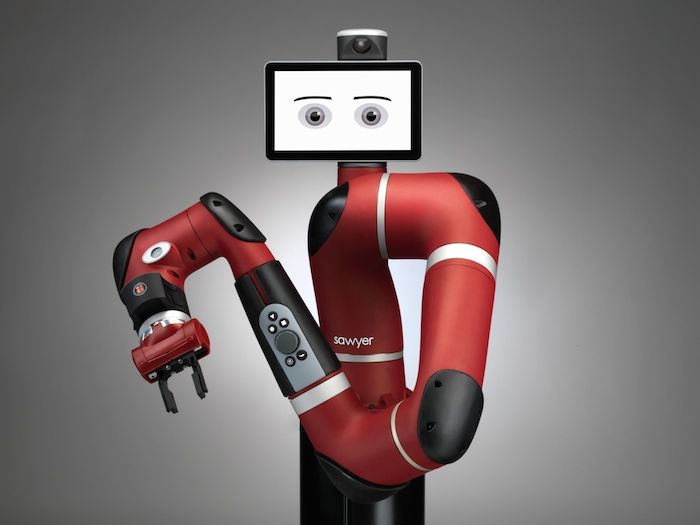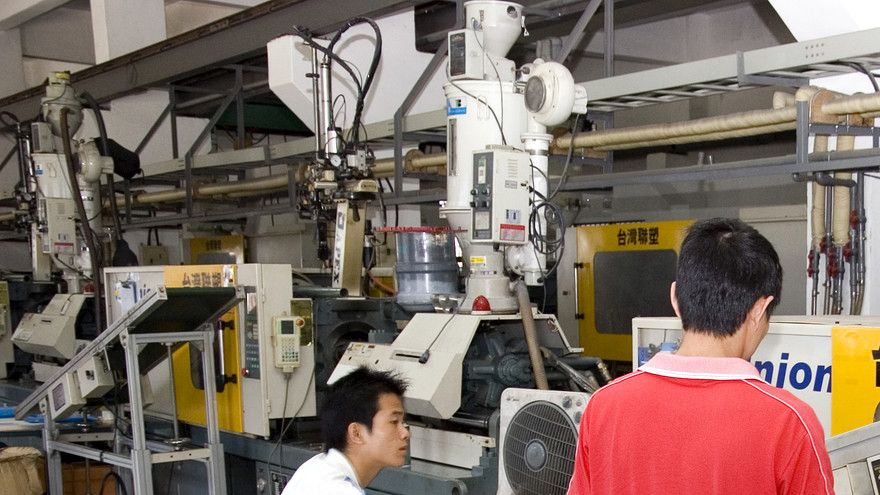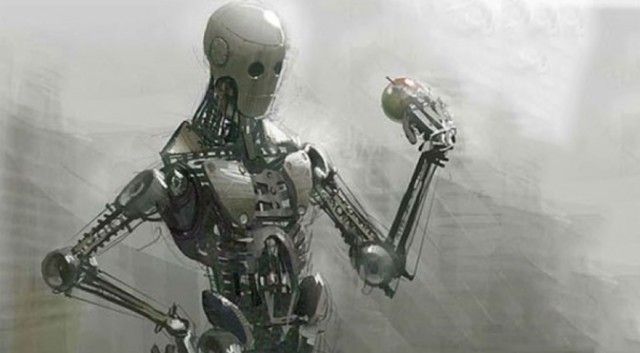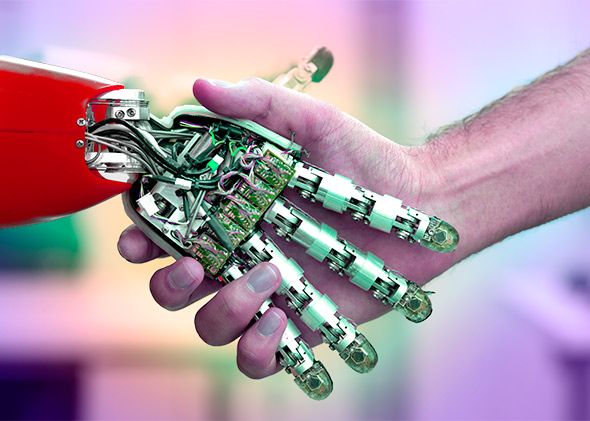by Brad Power — Harvard Business Review
Artificial Intelligence (AI) is an idea that has oscillated through many hype cycles over many years, as scientists and sci-fi visionaries have declared the imminent arrival of thinking machines. But it seems we’re now at an actual tipping point. AI, expert systems, and business intelligence have been with us for decades, but this time the reality almost matches the rhetoric, driven by the exponential growth in technology capabilities (e.g., Moore’s Law), smarter analytics engines, and the surge in data.
Most people know the Big Data story by now: the proliferation of sensors (the “Internet of Things”) is accelerating exponential growth in “structured” data. And now on top of that explosion, we can also analyze “unstructured” data, such as text and video, to pick up information on customer sentiment. Companies have been using analytics to mine insights within this newly available data to drive efficiency and effectiveness. For example, companies can now use analytics to decide which sales representatives should get which leads, what time of day to contact a customer, and whether they should e-mail them, text them, or call them.







